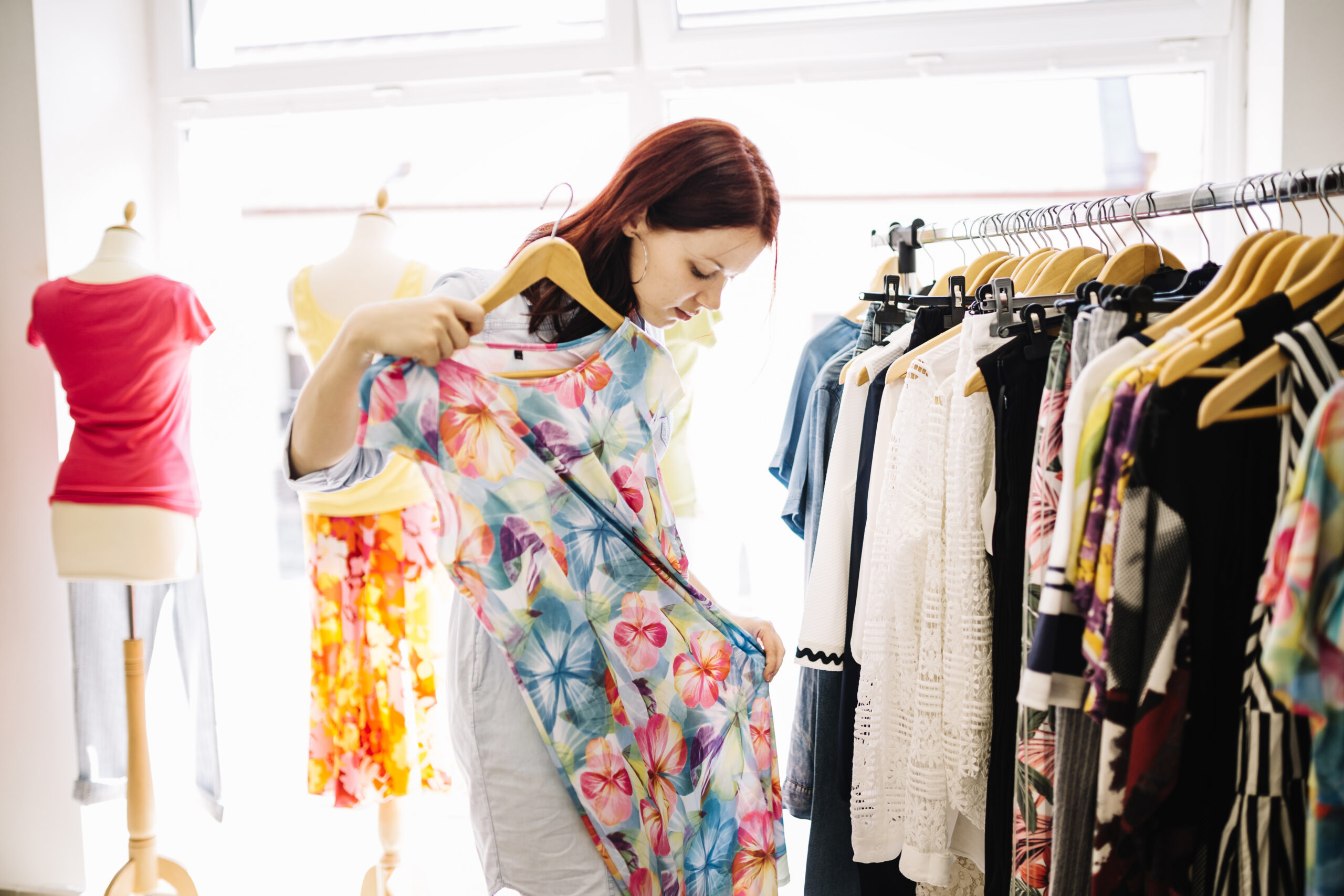In the ever-evolving world of fashion, Wholesale Boutique Clothing has emerged as a lucrative and innovative business model for retailers and entrepreneurs alike. This niche sector caters to boutique owners who source distinctive, high-quality apparel at wholesale prices to provide their customers with curated collections. Unlike mass-market retail, boutique clothing emphasizes individuality, exclusivity, and a personalized shopping experience.
What is Wholesale Boutique Clothing?
Wholesale boutique clothing refers to the business of purchasing apparel in bulk at discounted rates from manufacturers or suppliers and reselling it at a markup in boutique stores. This model enables boutique owners to stock their shelves with trendy, high-quality, and often limited-edition clothing without the need for designing and manufacturing their own lines. The collections found in boutique stores usually cater to niche markets, whether that’s bohemian styles, athleisure, contemporary fashion, or vintage-inspired wear.
The goal is to provide customers with pieces that they can’t easily find in larger retail chains. Because these clothing items are sourced in smaller quantities, they foster a sense of exclusivity, which attracts fashion-conscious buyers seeking unique garments.
Why Choose Wholesale Boutique Clothing?
Diverse Product Range:
One of the primary advantages of wholesale boutique clothing is the access to a broad range of products. Boutique owners can curate diverse collections that suit the aesthetic and taste of their target market, from boho-chic to urban streetwear.
Cost-Efficient Sourcing:
Purchasing wholesale allows boutique owners to acquire garments at a lower price per unit, enabling them to price items competitively while maintaining profit margins. This bulk purchasing model also reduces overhead costs, making it easier for smaller boutiques to thrive.
Flexibility and Control:
Boutique owners have the flexibility to select specific styles and trends that align with their brand. This targeted approach sets them apart from large retailers and gives them more control over their inventory, ensuring that they can offer exclusive collections tailored to their customers’ preferences.
Trend Responsiveness:
Fashion trends move fast, and boutique owners need to stay ahead of the curve. Wholesale Womens Clothing suppliers often update their offerings frequently, allowing boutique stores to refresh their inventory and keep up with changing trends, ensuring they’re always offering the latest styles.
Key Factors to Consider When Sourcing Wholesale Boutique Clothing
For boutique owners, sourcing the right wholesale suppliers is crucial to their success. Here are some important factors to consider:
Quality and Material:
Since boutique stores focus on curated and exclusive collections, the quality of the clothing is paramount. Poor-quality garments can quickly damage a store’s reputation, while high-quality items enhance brand value.
Trends and Styles:
Boutique owners should partner with suppliers who are up-to-date on the latest fashion trends. Additionally, aligning with suppliers who offer a variety of styles enables boutiques to cater to a wider range of customers.
Minimum Order Quantities (MOQs):
Different suppliers have varying minimum order requirements. Boutique owners should choose suppliers with MOQs that match their inventory needs to avoid overstocking or straining their budget.
Sustainability and Ethical Sourcing:
In recent years, many consumers have become more environmentally conscious. Boutique stores that align themselves with suppliers who use sustainable practices and ethical labor can appeal to this growing market of eco-conscious shoppers.
Supplier Relationships:
Building strong, reliable relationships with wholesale suppliers is essential. Establishing trust ensures consistent quality, timely deliveries, and preferential treatment, such as early access to new collections.
How to Stand Out in the Wholesale Boutique Clothing Market
Personalized Shopping Experience:
Since boutiques are typically small businesses, they can offer personalized customer service that large retailers can’t match. This attention to detail fosters customer loyalty and increases word-of-mouth referrals.
Exclusive Limited-Edition Collections:
Sourcing exclusive, limited-edition items gives boutique stores a competitive edge. Customers are more likely to purchase from a boutique if they know they’re getting something unique that they won’t find elsewhere.
Curated Aesthetic:
Successful boutiques often have a distinct aesthetic that resonates with their target audience. Whether it’s minimalist chic, bohemian, or edgy streetwear, maintaining a cohesive visual style helps the brand stand out and attract a loyal following.
Online and Social Media Presence:
In today’s digital age, having a strong online presence is crucial. Boutique owners should leverage social media platforms like Instagram, TikTok, and Pinterest to showcase their collections and engage with their audience. This not only drives sales but also builds brand recognition.
Pop-up Shops and Collaborations:
Hosting pop-up shops and collaborating with local artists, influencers, or other boutiques can help generate buzz and draw new customers to the store. These events create a sense of community and offer customers a unique shopping experience.
Conclusion
Wholesale boutique clothing represents a dynamic intersection of affordability, exclusivity, and trendiness in the retail landscape. Boutique owners who master the art of curating unique, high-quality collections from trusted Wholesale Plus Size Clothing suppliers can carve out a niche in the competitive fashion industry. By combining personalized customer service with a keen sense of style, these small businesses continue to thrive, offering consumers a refreshing alternative to mass-market retail options.
The future of wholesale boutique clothing looks promising, as more consumers seek out unique pieces that reflect their individuality and values, paving the way for continued growth in this sector.
